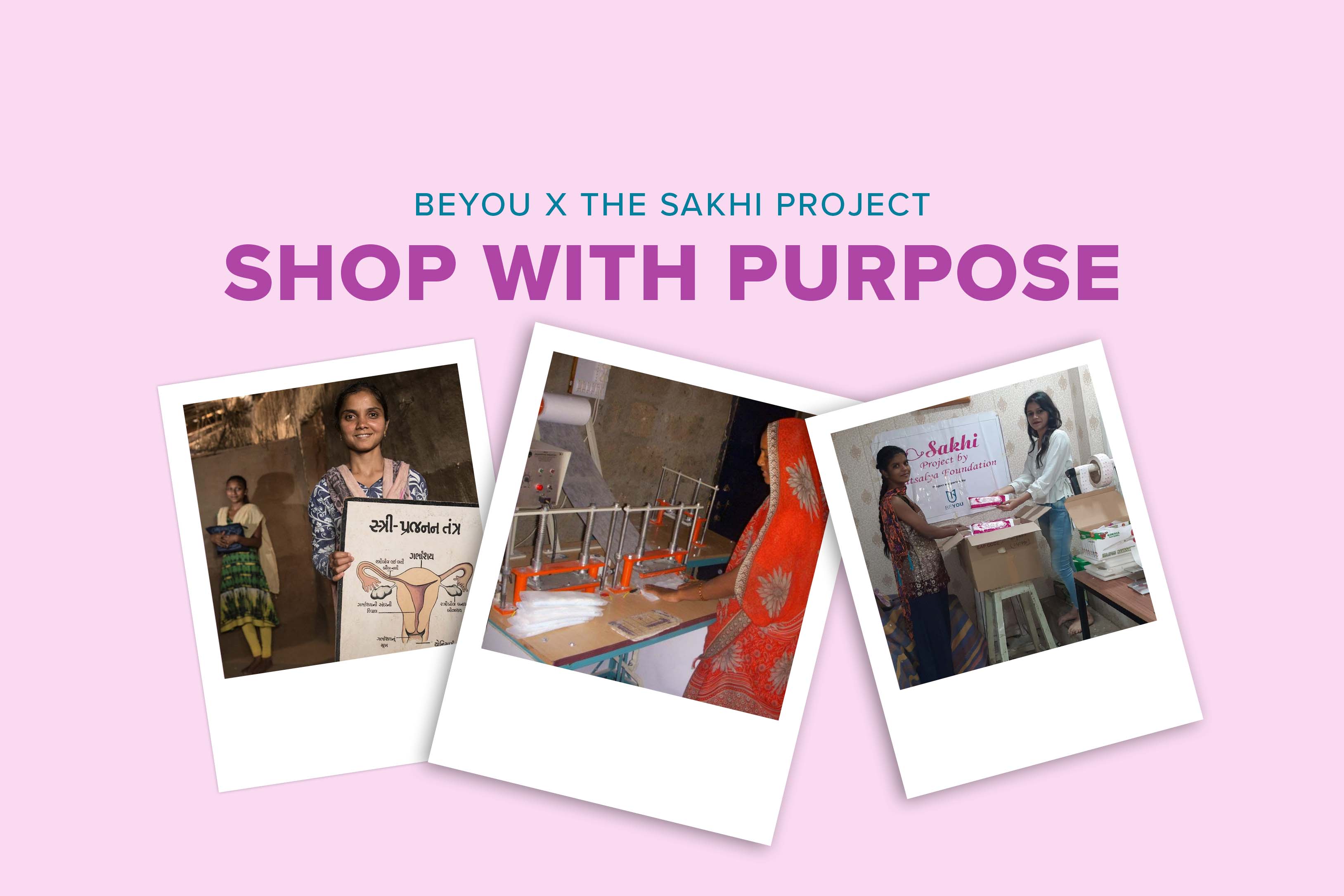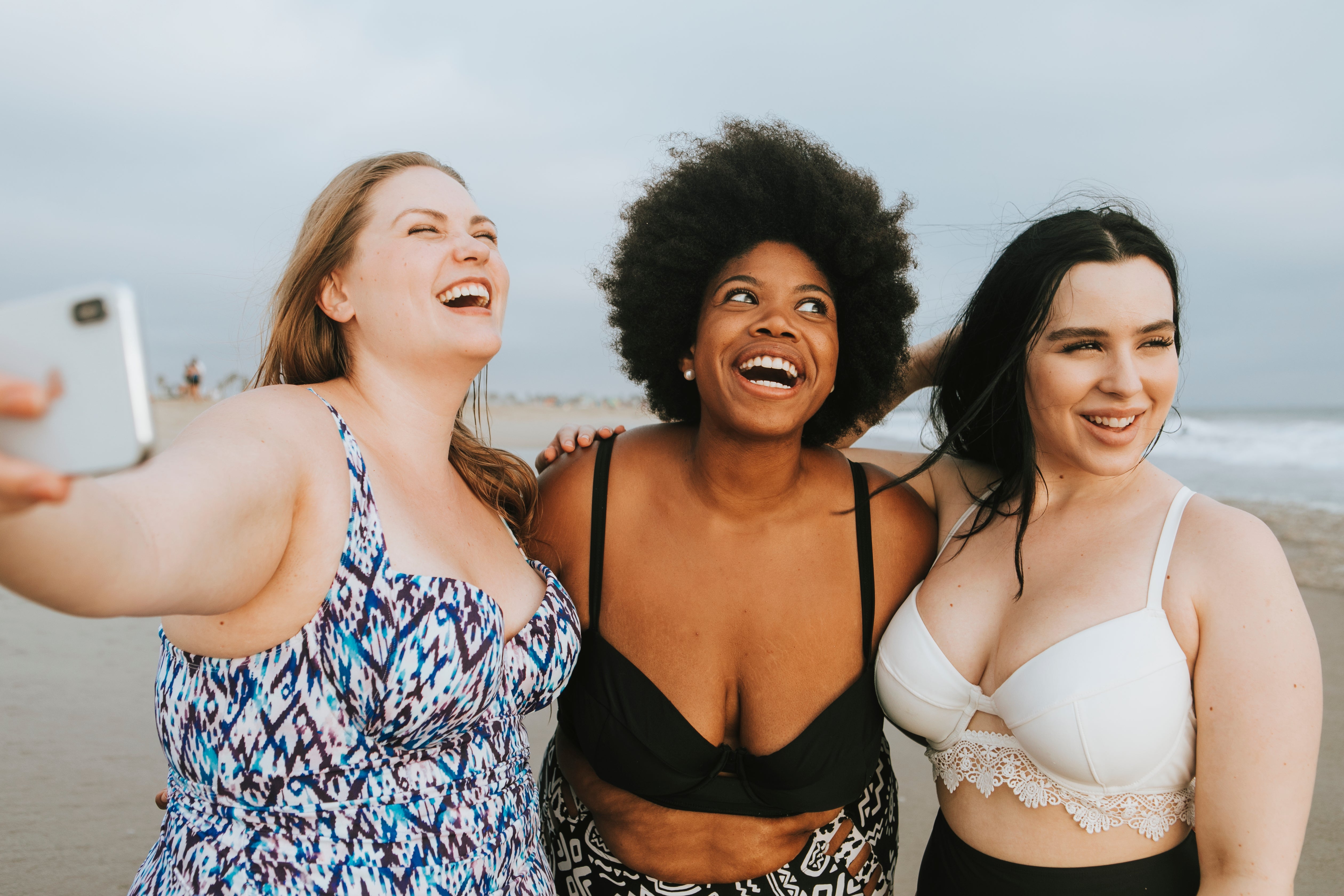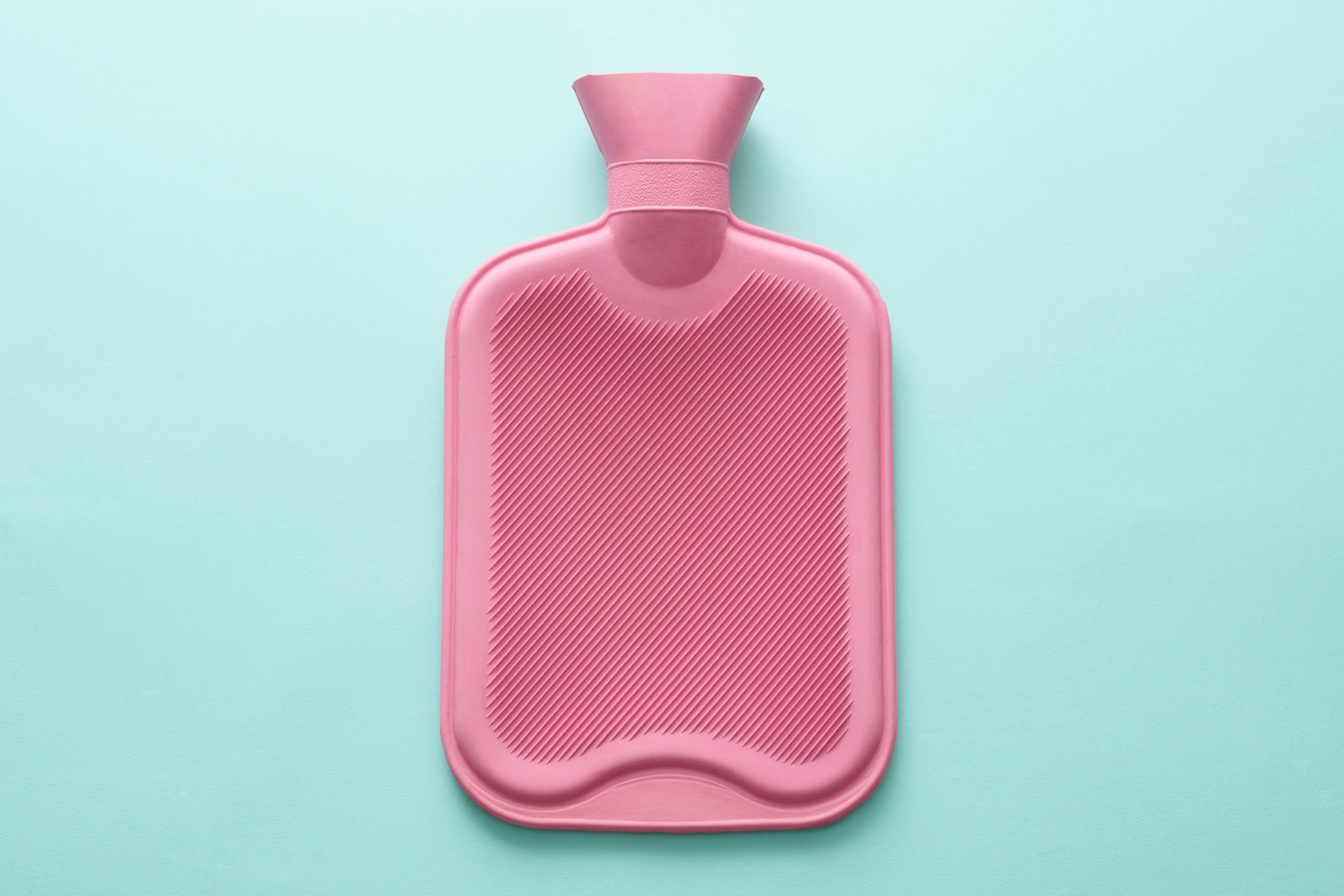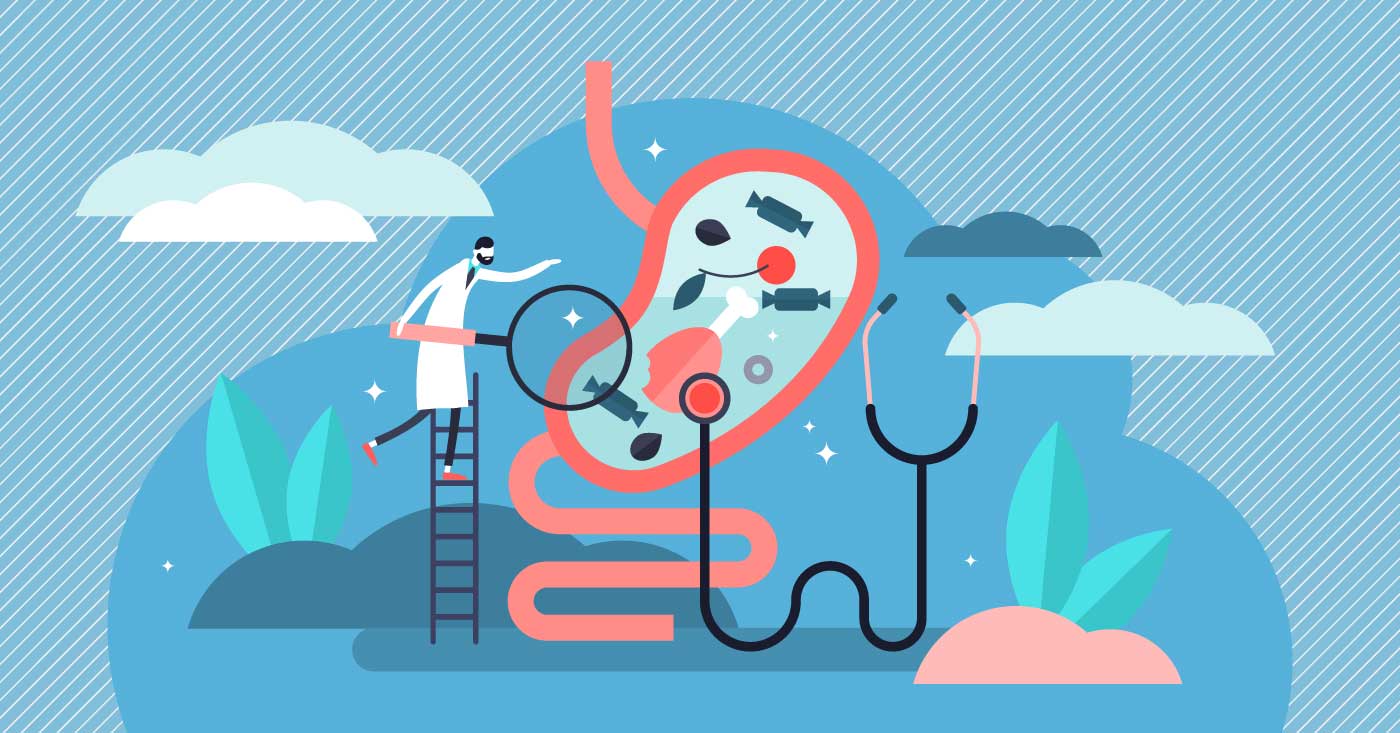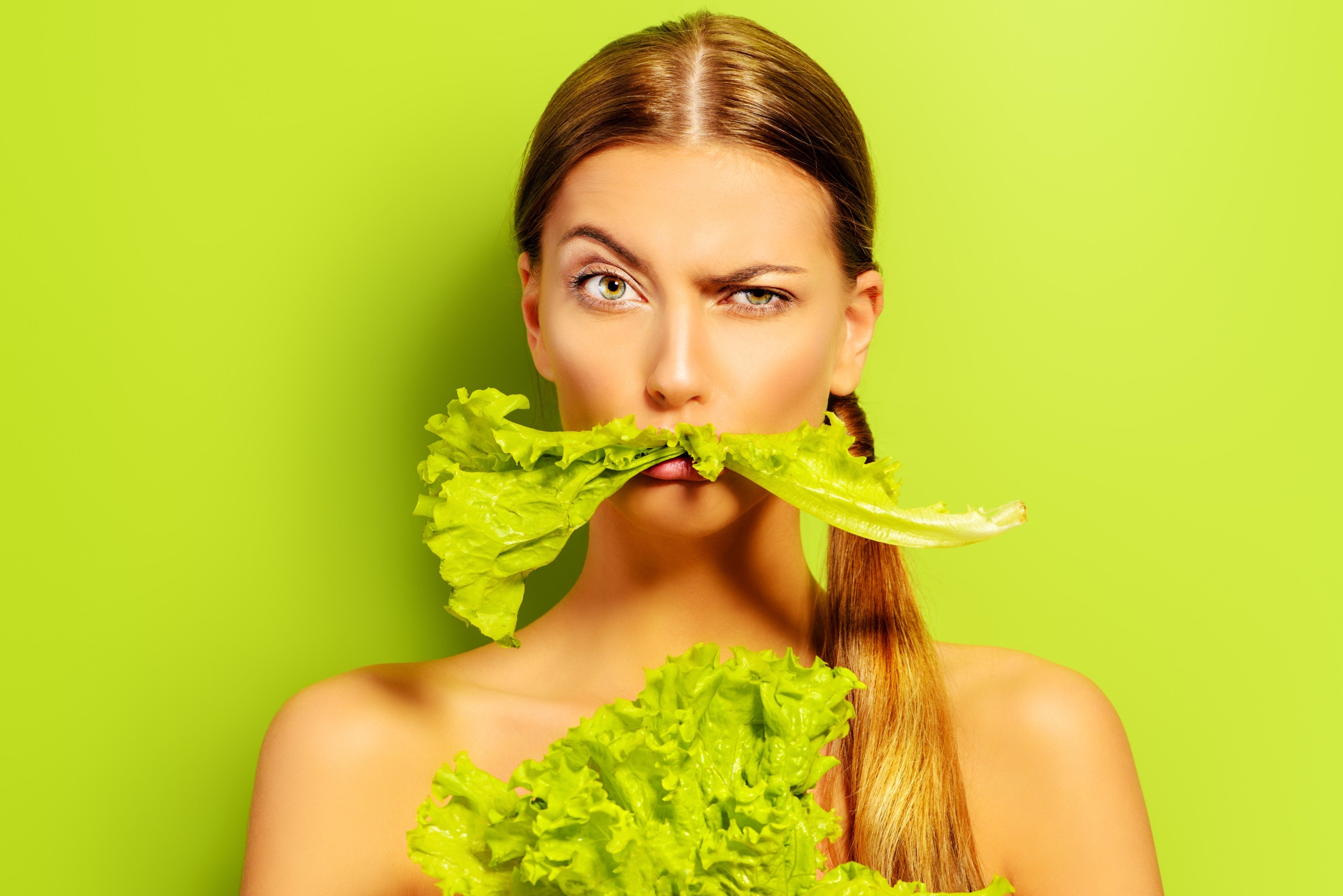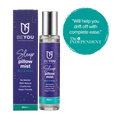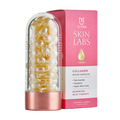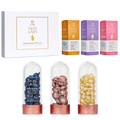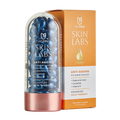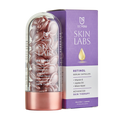Q&A with Saska Boujo, author of This Period in My Life
Jan. 19, 2021
Q&A with Saska Boujo, author of This Period in My Life
What inspired you to write This Period in My Life?
I was fed up with leaving lessons teaching young people, feeling so rubbish about the misunderstandings around periods. I started writing a leaflet for schools to try to untangle some of the misconceptions, and it took on a mind of its own and is now a 172-page book!
What do you hope young readers of the book get out of reading and using This Period in My Life?
I REALLY hope that this next generation of menstruators has a better chance of having the period conversation reframed, with a new positive light shining on it. I want them to be seen for what they really are: normal, natural and healthy!
We need to understand the science of the whole cycle better, and now there is a big conversation around sustainable menstrual products that must be brought to the front line.
Was there anything you learnt during writing the book that surprised you, even with 20 years’ experience teaching sex education?
Yes! Whilst I was researching the history of menstrual products, I was struck by the lack of records around this topic.
History was recorded by men, so we have surprisingly little information around how women coped with their cycles. Once it was recorded, there were some terribly unpractical contraptions created to deal with blood. We owe it to the nurses tending to wounded soldiers in the first world war for working out that bandages worked well as an absorbent material!
The book highlights not just the physical, but the mental effects the changes in your cycle can have - is this something you believe should be discussed more openly with young people going through this for the first time?
Absolutely. Our periods happen due to the change in hormones that are triggered by our brain. Throughout all phases of the cycle (not just the bleeding phase), our hormones are fluctuating, thus making us feel different. The mental and physical are undeniably linked, so if we can help young people to deepen their understanding of the cycle, it can be very empowering for them. Feeling empowered will help them to connect with their bodies and have more of a sense of ownership and control over what is happening to them.
From your experience, what would you say young people are most nervous about when learning about the changes that will happen to their bodies?
To be honest, when I’m teaching younger children there are no nerves. I see faces that are excited to learn about how they are going to change into adults. The complexities begin for the older students where I need to untangle myths and break stigma before I can do any actual teaching. The overwhelming objective is normalising blood, and disassociating it from anything negative.
Here at BeYou, we’re passionate about banishing the taboo and stigma around menstruation. You list some of the many misconceptions people have around the menstrual cycle - speaking to young people when writing the book, were you surprised how many misconceptions there are?
It’s pretty shocking. Most misconceptions stem from the myth that periods are dirty. If we can deal with that one then we can deal with most of the others that are embedded in stigma and shame. The cultural ones are the hardest to shift, and that continues to be perpetuated by the ongoing practices such as being banished to menstrual huts for the entirety of your period in some parts of the world. In the UK, young people just aren’t getting any education at home, and the curriculum is only statutory as of this September, so a generation of young people has massively missed out. Educating this next generation is really the only hope of trying to change the narrative, and that is starting, which is exciting.
During your time working with young people, the Menstrual Cup has risen in popularity and we're pleased to see it featured in the book alongside pads and tampons. Have you seen more interest in cups in the last few years? They can be a little tricky for first-time users to get the hang of - what tips would you share for successful cup use?
The cup is the only product that makes any long term sense if we are to consider our health, the environment and our finances, yet there is a bit of a psychological barrier to using it. There needs to be a better campaign to promote its PROPER use. People are scared to try it! And understandably, it's internal, and super fiddly! In the classroom I need to cover every practical aspect of its use or young people won’t even consider it: insertion, removal, disposal of blood and maintenance. In all instances, whether I’m teaching young or old, I prioritise the importance of breaking the suction before removal (to avoid prolapse). It’s a simple instruction, but crucial.
A lot of the young people we speak to have struggled with conditions such as Endometriosis or PCOS since childhood but have not been diagnosed until much later in life (if at all).
You touch on what to do if you feel the pain you’re experiencing is particularly bad which, we’re sure will be super helpful. Do you think you may explore this topic further at some point?
I’ve written a lot about endometriosis as I am an endo sufferer myself. Sadly I left it too long before getting diagnosed (which is classic with endo), and as a result, I had both my fallopian tubes removed, and went on to have my children through IVF. I’ve done a lot of campaigning around endo and infertility, as they are also areas plagued with stigma and shame.
My incentive to write the book comes from quite a deeply personal place that somehow I could have potentially avoided all that, had I had better menstrual education. In the book, I found the pain chapter the hardest to write as I wanted to strike the right balance between what is discomfort, and what is abnormal pain that needs addressing.
We need to change this idea that periods are supposed to be horrifically painful so that young people can get support sooner and potentially avoid issues related to their reproductive systems.
What is the one thing you now know that you wish you knew when you started your period?
I wish I’d had lessons on menstruation at school. If we can deliver period education in the same framework as we deliver maths and English, then what we are saying is that periods matter as much as everything else we learn at school. Young people want it! So now we need to deliver it, and do it in a fun, visual, interactive, engaging and purposeful context so that we can empower young people to see periods for what they are: an amazing resource.
